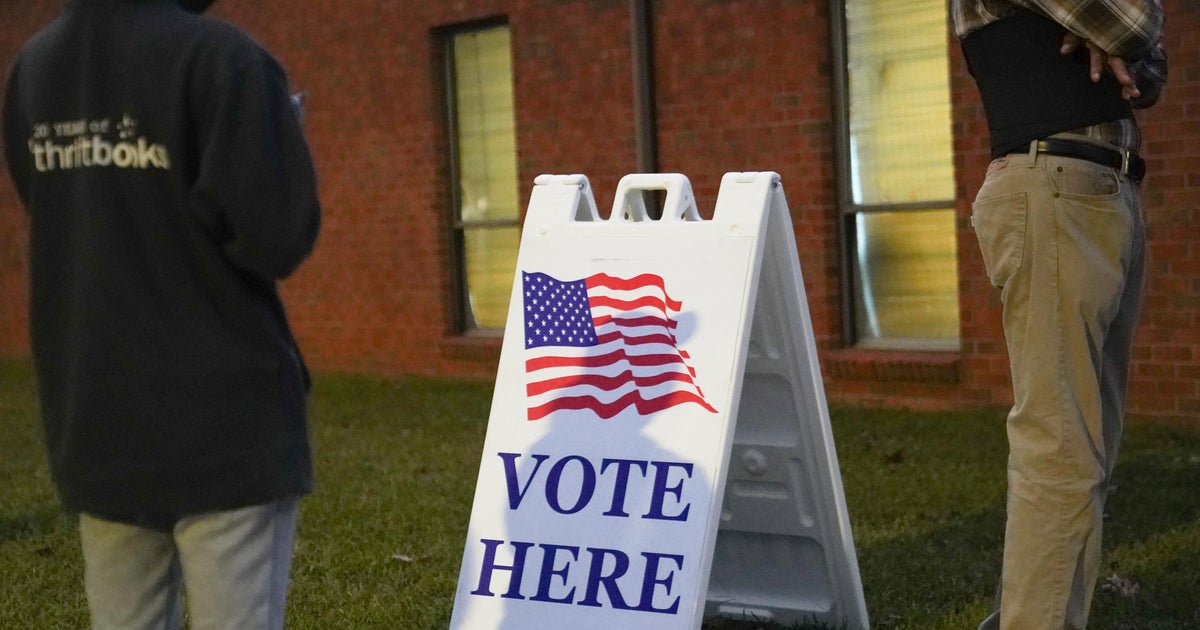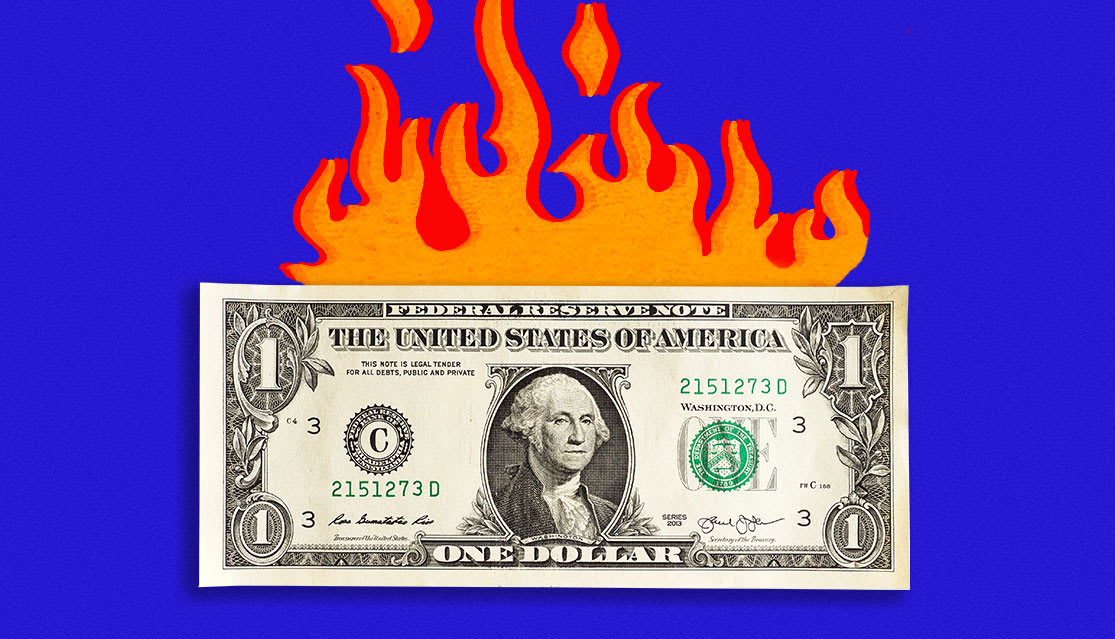Vote-by-mail systems could offer challenges for Native Americans
As the coronavirus has ravaged the country, killing 100,000 Americans and leaving 40 million without jobs, states are beginning to consider voting by mail as a safer alternative to in-person voting.
However, while voting by mail may make it easier for some voters to cast their ballots, it isn't a universal solution. For Native Americans living on reservations, implementing vote-by-mail policies could actually create barriers to voting.
Many Native Americans living on reservations have "nontraditional addresses," meaning that they do not receive mail to their houses but instead get it from a P.O. box. Natalie Landreth, senior staff attorney for the Native American Rights Fund, said that it was more likely for people living on tribal lands to have "descriptive addresses" like "last house on the left," instead of a specific address like "123 Main Street."
But having a P.O. box still creates barriers. Many Native Americans share their P.O. boxes with other people, and the boxes are located in post offices which could be several miles from their homes. Checking their mail therefore often requires time, money, and transportation, making it difficult to receive an absentee ballot. Some states, like North Dakota, do not consider P.O. boxes to be valid addresses, meaning that Native Americans who only have a P.O. box would not be able to register to vote.
Housing instability is common on tribal lands, with people couch-surfing or living in multigenerational households. High levels of poverty also make it difficult for Native Americans to vote. Sending in a ballot can sometimes require postage, meaning that the voter will have to pay for stamps, not to mention transportation to a post office.
Furthermore, an absentee ballot is often only considered if it is postmarked by a certain date, and this poses another obstacle for Native Americans. Often, ballots sent from reservations are not postmarked at the nearest post office, but are routed through major post offices and postmarked there. Landreth, who is based in Alaska, said that ballots mailed from Native communities in Alaska are actually postmarked several days later in the larger city of Fairbanks, meaning that their ballots may be postmarked too late for them to count.
"The whole scenario of vote-by-mail is cost upon cost upon cost," Landreth said.
Patty Ferguson-Bohnee, the director of the Indian Legal Clinic at Arizona State University, also noted that many Native Americans also aren't fluent in English, and cannot get language assistance through the mail.
"If you're trying to move to vote by mail, there are going to be people who are illiterate, people who don't speak the language, people who need assistance," Ferguson-Bohnee said.
In 2018, the Navajo Nation sued the state of Arizona and several counties for making it difficult for reservation members to cast early ballots by not providing language assistance and by refusing to give residents time after the election to fix early ballots where the envelope was not signed or a signature did not match. Ferguson-Bohnee, who represented the Navajo Nation in this case, said that over 100 ballots were not counted because of these restrictions.
The Navajo Nation settled its lawsuit with the state and counties in the fall. The Arizona secretary of state agreed to include protections in the 2019 draft Elections Procedures Manual to allow for Native American voters to correct missing signatures on their ballots within five days for a federal election, and within three days for any other election. While the state attorney general initially signed off on this language, he later rejected the provision, the Arizona Republic reported.
States that have entirely moved to vote-by-mail systems, like Utah, usually have polling locations where people can cast their ballots in person if necessary. However, the Navajo Nation sued San Juan County in Utah in 2016 after all but one polling station was closed, arguing that a mail-only system violated the Voting Rights Act.
The two parties reached a settlement in 2018, with the county agreeing to instate tribal accessible polling places and language assistance for Navajo speakers. But Ferguson-Bohnee noted that litigation comes at a high cost, and court processes are often lengthy.
She also argued that every reservation should have polling places, and that state and local leaders should consult with tribal leaders before making any final decisions about vote-by-mail.
"Often the people who are making the laws are not having conversations or are ignorant of what's happening," Ferguson-Bohnee said.
Washington state could be a model for the rest of the country to improve access to the physical ballot box for Native Americans while being a primarily vote-by-mail state. Last year, Washington Governor Jay Inslee signed the Native American Voting Rights Act, which allows for Native Americans to use nontraditional addresses or a building designated by the tribe as its address for the residential address portion of a voter registration form.
Fawn Sharp, who is the president of the National Congress of American Indians and the president of the Quinault Indian Nation in Taholah, Washington, said that these tribally designated buildings can serve as a place where reservation residents can pick up and drop off their ballots, and even receive "I voted" stickers.
Sharp said having a tribally designated building was "convenient" for the Quinault reservation, which is a large tribal community with over 200,000 acres of land.
"It's just a way that centralizes our voting, and that one recommendation can remove many of the barriers that we have facing Indian country," Sharp said about using this kind of building.
Sharp also said that there was a problem with "apathy" in tribal communities, since there are so many barriers to voting that Native Americans believe their voices will not be heard. She said that designated buildings could be a step in building trust in the community over time, once they're established as reliable institutions.
"Every tribe is deeply affected by the barriers. No one tribe is immune from the ability to access and fully express our voice," Sharp said. "And for tribal nations it's a very powerful collective voice, but to quite a degree it's muted because of these barriers and challenges."
Landreth urged jurisdictions not to "jump to conclusions" about the efficacy of vote-by-mail.
"You may be disenfranchising key segments of your population," Landreth said.



